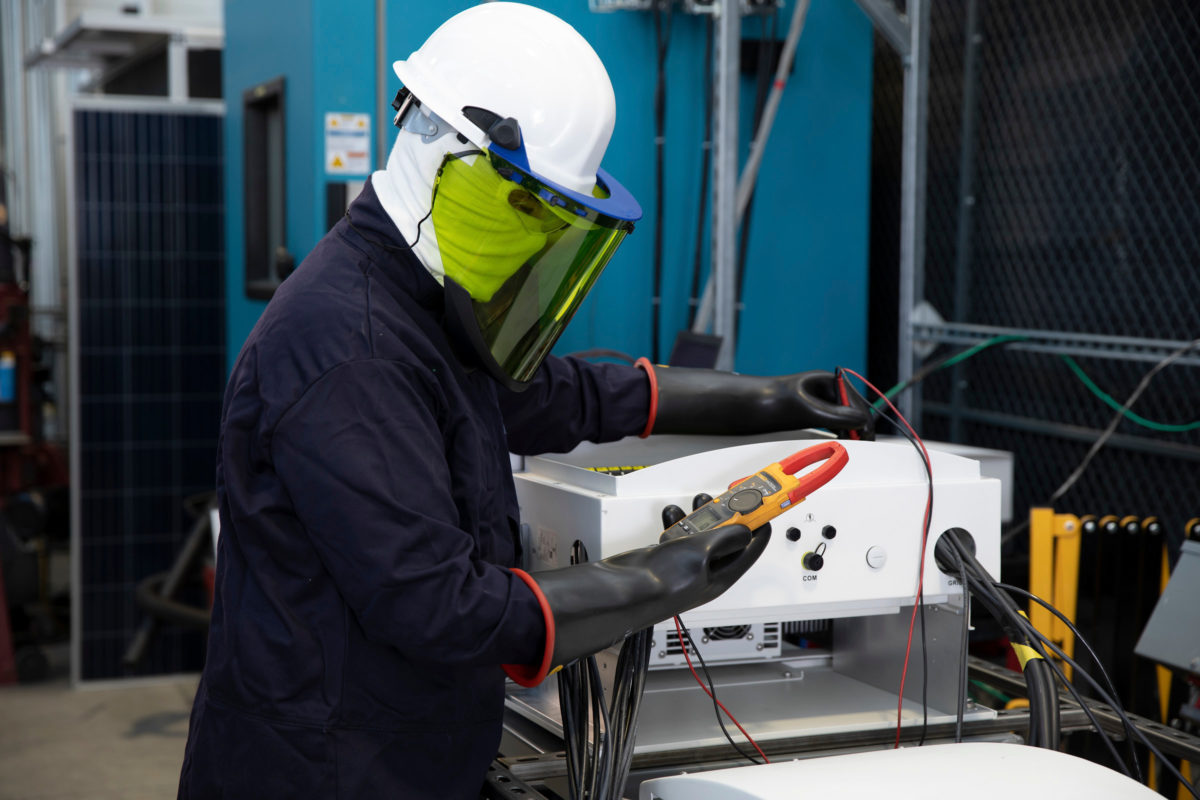India’s science and technology ministry has announced that startups and industries in the nation will soon have access to equipment and science and technology (S&T) infrastructure in different institutions, universities and colleges spread all over the country. The move will let them carry out experiments and tests they require for their technology and product development.
The Department of Science and Technology (DST), under the ministry, is restructuring its FIST (Fund for Improvement of S&T Infrastructure in Universities and Higher Educational institutions) programme to cater to high-end requirements of startups and industries. The programme supports scaling up of infrastructural facilities for teaching and research in Universities and higher educational institutions.
“The immensely successful FIST programme will now be reinvented to FIST 2.0 to orient it towards the goal of Atmanirbhar Bharat to create R&D infrastructure not only for experimental work but also to cater to theoretical work, ideas and entrepreneurship. This will create a new paradigm for FIST 2.0,” said Sanjay Dhande, the new chairperson of the FIST Advisory Board.
The DST will also link up the FIST programme with Sophisticated Analytical Instrument Facilities (SAIF) and Sophisticated Analytical & Technical Help Institutes (SATHI), all of which are designed to set up S&T infrastructure centres at different levels—department, university, regional and national level, respectively.
At present, while on an average of about 8,500 researchers use these facilities spread in centres all over India, industries and startups have to carry out most high-end experiments and testing of technologies from laboratories outside India. This is because they prefer not to buy equipment and infrastructure of limited usage to them.
“The restructuring would also entail a shift from the discipline (tool-centric) based research to interdisciplinary problem solution-centric research. This would encourage Indian-origin researchers in academic institutes and research organizations across the world and resident counterparts to explore collaborative joint ventures to strengthen India’s S&T base for global development and enroll the industry in R & D endeavor to bring about direct benefits for the society”—stated the ministry in a press statement.
This content is protected by copyright and may not be reused. If you want to cooperate with us and would like to reuse some of our content, please contact: editors@pv-magazine.com.









2 comments
By submitting this form you agree to pv magazine using your data for the purposes of publishing your comment.
Your personal data will only be disclosed or otherwise transmitted to third parties for the purposes of spam filtering or if this is necessary for technical maintenance of the website. Any other transfer to third parties will not take place unless this is justified on the basis of applicable data protection regulations or if pv magazine is legally obliged to do so.
You may revoke this consent at any time with effect for the future, in which case your personal data will be deleted immediately. Otherwise, your data will be deleted if pv magazine has processed your request or the purpose of data storage is fulfilled.
Further information on data privacy can be found in our Data Protection Policy.